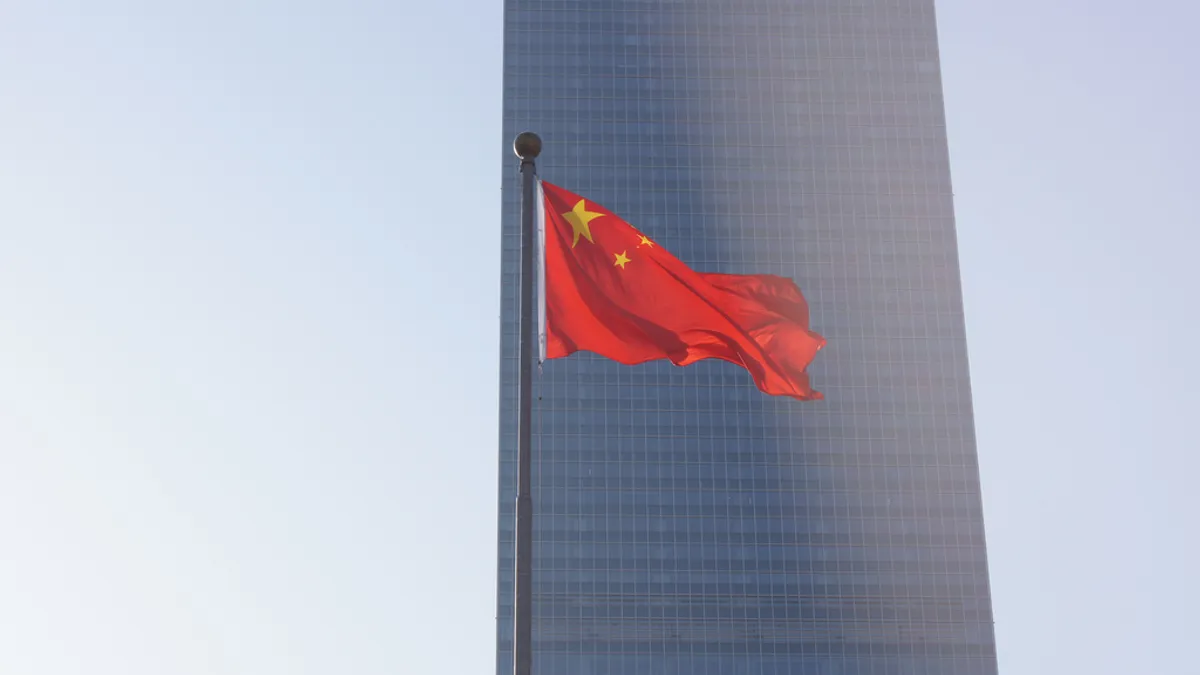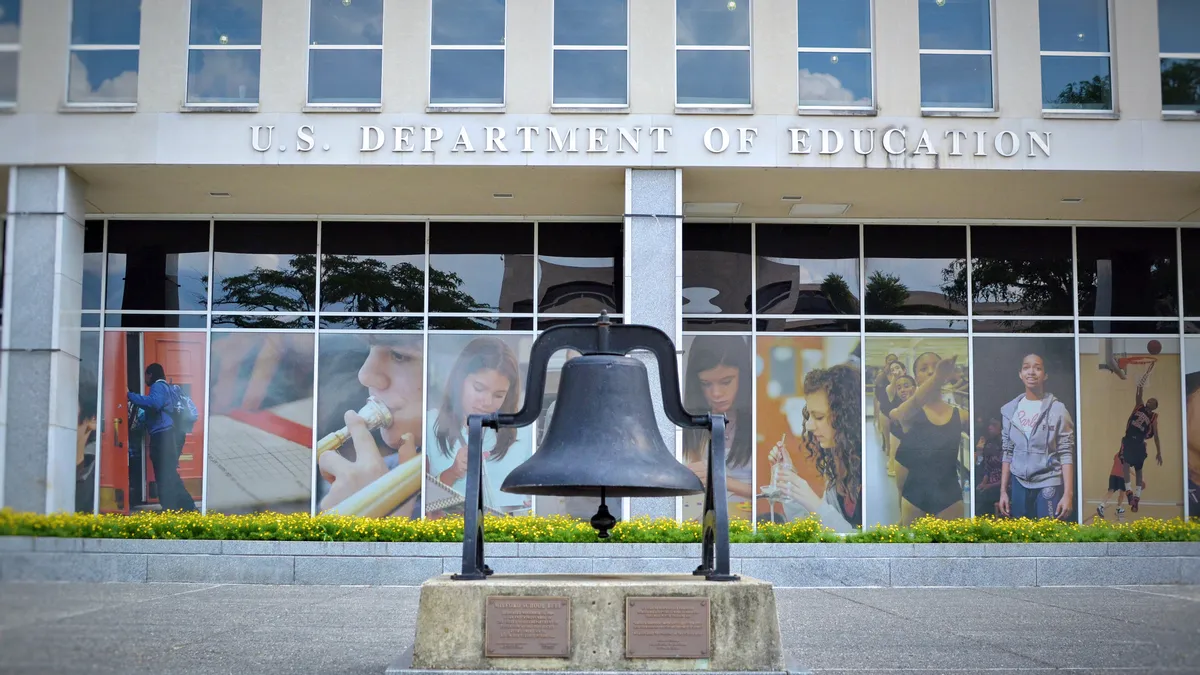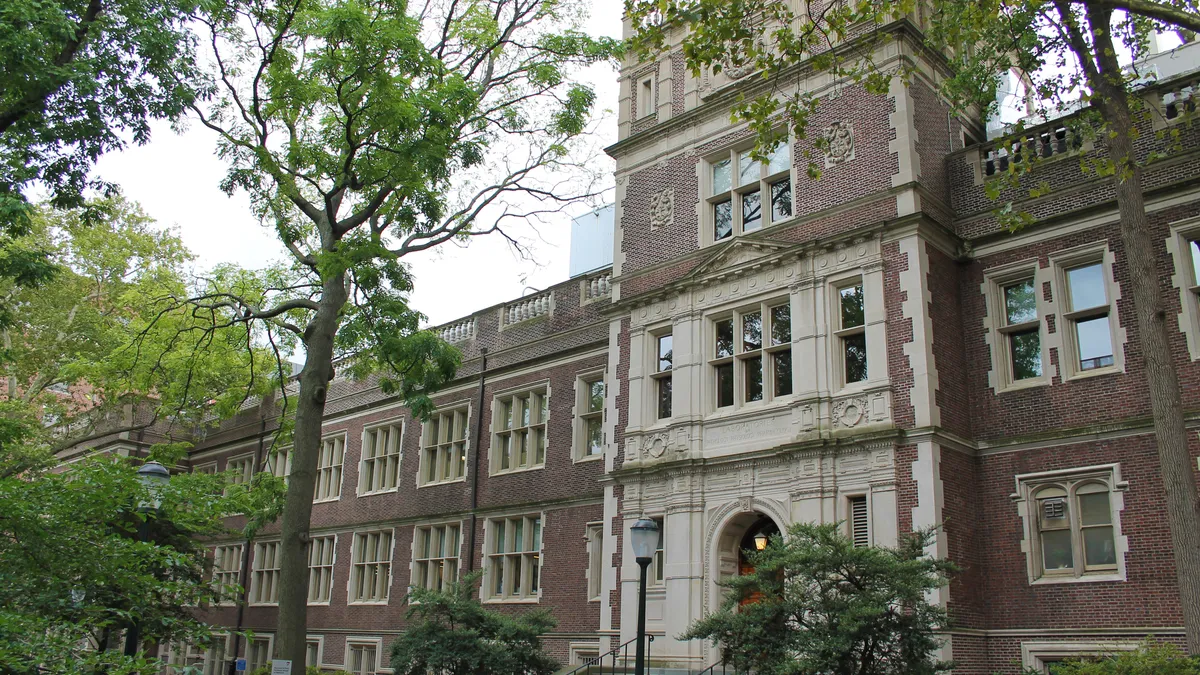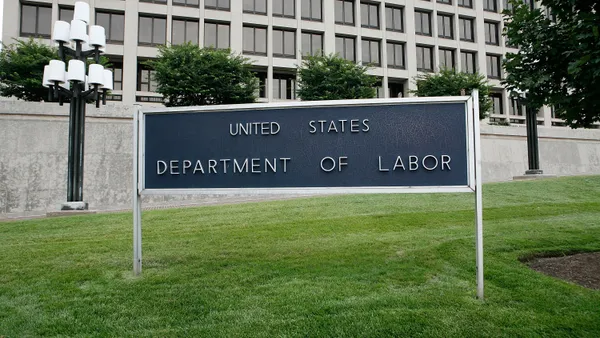Dive Brief:
- New guidance from Human Rights Watch on how colleges should respond to academic freedom threats from the Chinese government recommends Confucius Institutes be closed and that colleges closely monitor and address concerning activity on campuses in both countries.
- Based on more than 100 interviews with higher ed stakeholders including academics, graduate students and administrators globally, the 12-point Code of Conduct also says colleges should reinforce academic freedom, track threats, work with other institutions to promote research in China, and offer flexibility to students and scholars working in that country.
- The interviews suggest China has monitored scholars in that country and threatened some outside the country to discourage them from criticizing it. The report also indicated Chinese students studying outside the country were fearful of retaliation for similar behavior.
Dive Insight:
The report also encourages U.S. institutions to disclose the source and amount of funding received "directly or indirectly" from the Chinese government. Additionally, it calls on them to "mentor and support" students and scholars from China "to ensure they can enjoy full academic freedom." Colleges that do forge ties with Chinese campuses for exchange and satellite programs should require a memorandum of understanding that covers academic freedom, as well as control of employment and curriculum, the group says.
As one example of how the Chinese government is said to be intervening in academia, Human Rights Watch reported that one interviewee, an academic, said they were asked by a senior administrator at their institution to decline media requests during a visit there by the country's president, fearing backlash for the college.
The Confucius Institute, a cultural education program that operates on around 100 U.S. college campuses, has been the subject of growing concern in higher education as well as among some politicians and the Trump administration.
A pair of recent U.S. government reports — one from the U.S. Senate and the other from the Government Accountability Office — highlighted similar concerns that the institute promoted Chinese government messaging while limiting academic freedom. However, the GAO report suggested the U.S. institutions often are in a position to control the institutes' message.
Nonetheless, several colleges are cutting ties with the Confucius Institutes. The University of Michigan announced in December that it would not renew its agreement with the institute when it expires this year. The University of Chicago, Pennsylvania State University, the University of North Florida, the University of West Florida and Texas A&M have all made similar decisions.













